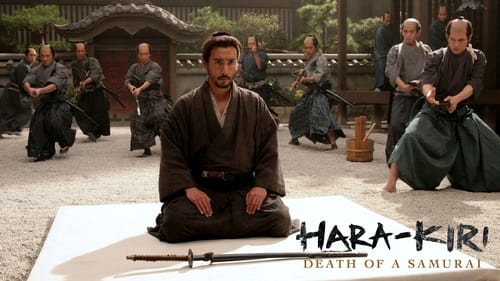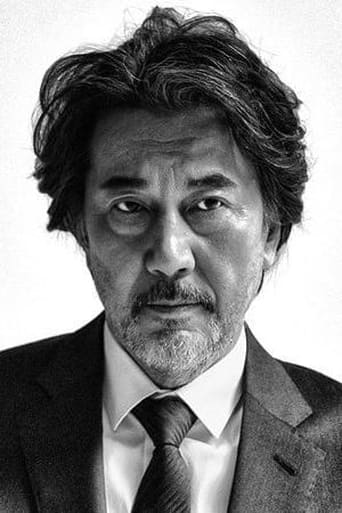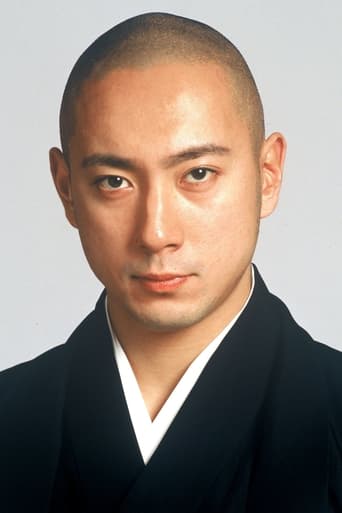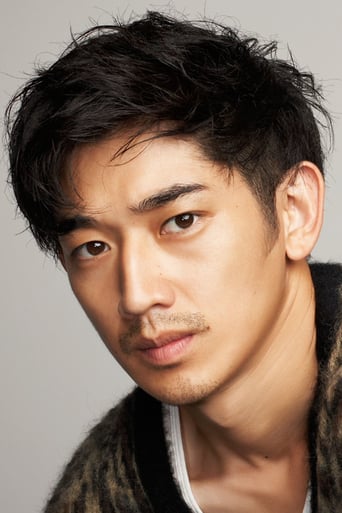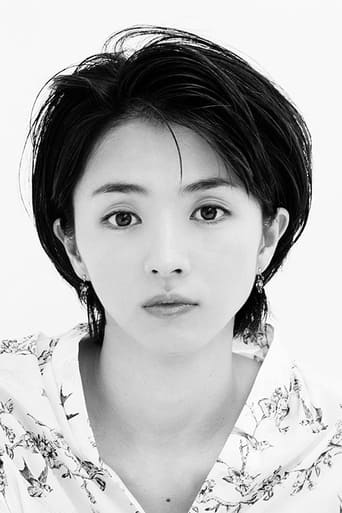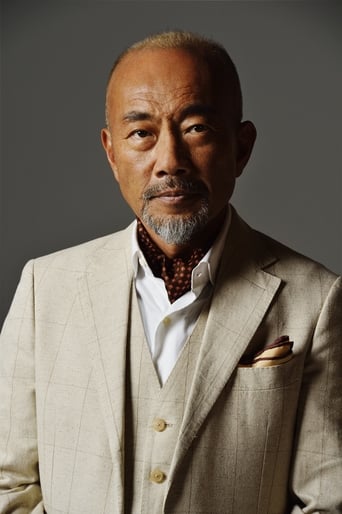AniInterview
Sorry, this movie sucks
Salubfoto
It's an amazing and heartbreaking story.
Jenna Walter
The film may be flawed, but its message is not.
Calum Hutton
It's a good bad... and worth a popcorn matinée. While it's easy to lament what could have been...
Chris Knipp
Anyone with a more than passing interest in Japanese movies ought to watch Kobayashi's 1962 version of Takaiguchi's novel that this also is based on, and watch the intro by the Japanese film authority Donald Ritchie on the Criterion edition. Ritchie makes fully clear how Kobayashi here, as in other films, is talking through the historical tale about current issues he was passionate about, in this case lingering post-WWII authoritarianism in Japan and hollow bureaucracies, in his day as in the time of the early Tokugawa government; Miike doesn't seem to have anything particularly urgent to say. Look at what Ritchie points out that Kobayashi's version offers: the script by ace screenwriter Shinobu Hashimoto who wrote Akira Kurosawa's Seven Samurai; the score by bold, influential experimentalist Toru Takemitsu; the strong and unifying symbolic use of empty samurai armor throughout; the career-defining lead performance by Tatsuya Nakadai; and the elegantly austere use of black and white cinematography. Ironically Miike's film also carries over Kobayashi's one serious flaw - - an overindulgence in sentimentality and pathos in the flashback love story.Miike, apparently seeking 'respectability' after all his entertaining ultra-violence with this staid remake/adaptation, also overdoes everything. He makes every scene too drawn-out and talky. He further overdoes the sentimentality, to the point that in his version becomes unbearably cloying, virtually unwatchable. Once again, 3D adds nothing; black and white was just what was needed. Less was and is more. Whenever a filmmaker goes over familiar ground, adapting a book that has been adapted (and very well) before, he exposes himself to comparisons to the book and to the previous adaptation. Don't get me wrong. Miike has plenty of skill. It is not that his 'Hara- Kiri' is a washout. It's just that Kobayashi's version is a true work of art, a film classic, in fact; and in comparison Miike's is merely a competent effort and a pointless bid for respectability that was not needed. He is a master in his own realm. Surprisingly his last film before this, the juicy, action-historical blockbuster 13 Assassins, which I thoroughly enjoyed, also was an adaptation -- of Eiichi Kudo's little known samurai film of the same name. Thanks to 'Wildgrounds' (who compare the two Hara- Kiri films) for this info. Thanks also to Ben Parker on 'CapitalNewYork' for his detailed comparison of the two films; and to the Criterion Collection, for its print of Kobayashi's 'Hara-Kiri' and Donald Ritchie's informed introduction to it.
Tom Collis
I thought they did a wonderful job with this movie. They didn't sell out by making it all in English with American actors. They didn't go crazy making it a bloodbath just to get the younger viewers. The movie really gives you an insight into Japan's history and what life was like for these people. The atmosphere and story telling really draws you in. The acting is great especially one scene that had me cringing. There were a lot of parts where I was like whoa I didn't see that coming. I can understand those out there loyal to the original but you at least have to give the film makers of this remake credit. They stayed true to Japanese culture, they didn't get tom cruise or Keanu reeves to star in it. They didn't write it for the newer younger audience and make all the characters smart mouth kids. Unfortunately I haven't seen the original yet and I understand how those people might not like this one. I don't know how I would feel about a seven samurai remake? I think this movie was well done. It succeeded in telling a truly gripping story without going all modern on it and ruining it. I enjoyed it.
christian Quintanilla
The basic plot of the movie is amazing.very original, and like nothing I've seen. The way the director chose not to end the movie with a revenge killing was amazing and didn't leave me with wanting of the characters to die. It made me feel as if his message got through and that his death at the end was fitting due to his completion of what he set out to do. The knowledge of the clans wrong doing set him for revenge but more powerful than blood. It seemed as if he made all the right moves and kept his honor. Unlike the clan. It made me feel content and confused with what really happened during the time of the samurai. The ending made me feel as if the icon of the armor was almost a god figure. When he tried to take it it said to me that the main character was saying to the clan " you aren't good enough to have it". And the throwing away of the hair knots made me think of how low the country of Japan got with the lowest point for me being world war 2. It was a very strong movie with lots of satisfying shots. But the only thing I didn't like was the subtitles. Sometimes they went to fast to read and left me wondering what someone said. Or the translation would be off for me.
Hunt2546
Miike remade "13 Assassins" to take full advantage of technical advances since the original arrived in the early '60s. Thus it was more spectacular, a great battle movie that put us in the heart of slash-pierce-hack-crunch-and-filet combat.. Of its kind, it was great and the update made sense. The same cannot be said for his remake of the Kobayashi masterpiece, which was intimate, a rumination on the cruelty and hypocrisy of bushido. A nutshell: an impoverished older samurai comes to a great house seeking a place to commit hara-kiri: he's told a young man tried the same trick earlier, a "bluff" suicide, hoping to get money or a job. But the House forced him to live up to his word, even though he'd sold his swords: thus he committed seppuku with wooden blades. It turns out that the older man is the younger's father in law: he's come for vengeance on the house, and (spoiler) after revealing he's defeated the young man's three primary adversaries in single combat, he draws blade on the house and goes down in a bloody frenzy of vengeance. Great revenge movie, but Miike rewires it. You'd expect him to lay on the gore (as he did in "13" and many of his quickie yakuza films) but instead he dials it way down, keeps it somehow intellectual rather than visceral. Sorry, but I'm shallow enough to be disappointed: I wanted to see heads roll and arms chopped off. (It's a SAMURAI movie, right?) He retains Kobayashi's deliberate, almost ritual like pace and symmetrical compositions, but the understated intensity (SPOILER!: the old man fights his last fight with the wooden sword, so he is incapable of killing the Household guard) of the climax lets the movie end without the emotional catharsis it demanded. A disappointing exercise.


